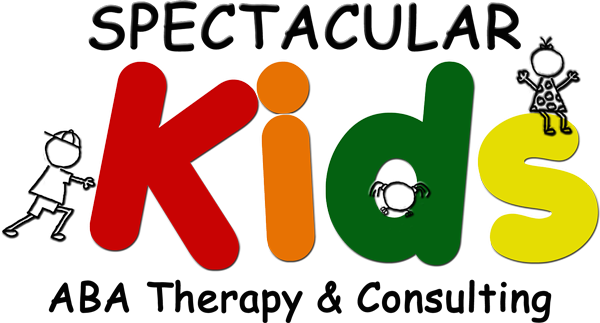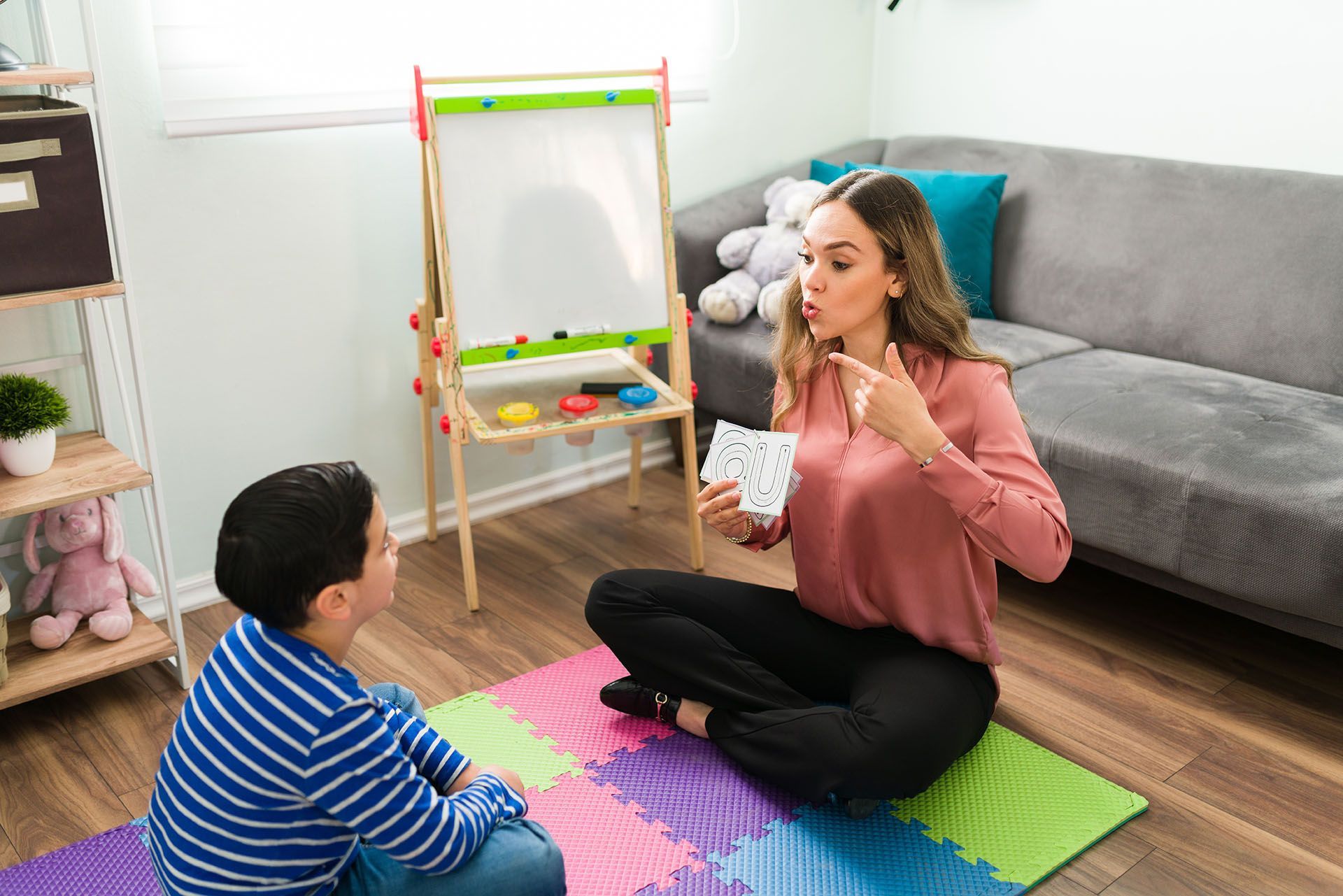3 Key Ways to Support Your Child When Starting ABA Therapy Services
According to the American Academy of Pediatrics, children should be screened for autism at both the 18 and 24-month well-child visits in addition to other developmental screenings. Early detection and intervention can significantly benefit the overall trajectory of a child's developmental, and starting applied behavior analysis (ABA) therapy can be a pivotal step in supporting your child's developmental needs, especially if they are on the autism spectrum. As a parent, your involvement and dedication can significantly enhance the effectiveness of therapy. In this blog post, we'll explore three key approaches to help your child thrive during their ABA therapy sessions and create a supportive environment at home.
1. Consistent Communication with Therapists
A crucial element in supporting your child through ABA therapy is maintaining open and consistent communication with the therapy providers. Regularly discussing your child's progress, challenges, and areas for improvement with their therapists helps ensure that everyone is on the same page and working towards common goals. It also allows you to provide valuable insights into your child's behaviors and preferences, enabling the therapist to tailor their approach effectively. This collaborative effort can significantly benefit your child's experience and progress in therapy.
2. Implementing ABA Strategies at Home
An essential part of reinforcing therapy is to apply the strategies being used and skills being taught during sessions within the home setting. By using similar strategies at home, you can provide consistency to help your child better understand and generalize what they learn. Doing so can also open new learning opportunities at home and in the community. Similarly, reinforcing behaviors and skills learned in therapy helps children feel more confident in their new skills.
3. Providing Emotional Support
The journey through therapy can be demanding for your child, both emotionally and physically. Offering emotional support and encouragement is vital in helping them navigate the challenges they may face. Affirm your child's efforts and celebrate their achievements, no matter how small, to boost their self-confidence and motivation. Being patient and providing a safe and nurturing environment at home will foster resilience and promote positive experiences with therapy.
Supporting your child when they begin therapy requires dedication, patience, and a proactive approach. By fostering open communication with therapists, applying strategies at home, and providing emotional support, you can play a pivotal role in your child's therapy journey. Remember, your involvement and encouragement are vital components that can greatly enhance the effectiveness of ABA therapy, setting the foundations for your child's growth and development. Does your child need support?
Contact Spectacular Kids to learn more about our services.
Leave Your Comment
Recent Posts
NEED MORE INFO?
If your child was diagnosed with Autism Spectrum Disorder, find out how ABA Therapy might be able to help your family.

Our experienced team strives to offer a creative and engaging environment and the opportunity for children to learn, grow, and thrive.
Newsletter Subscription
We will get back to you as soon as possible.
Please try again later.
Quick Links
Our Contacts
Kingwood, TX: 2665 Royal Forest Dr., Suite B200, Kingwood, Texas, 77339
Missouri City, TX: 7435 Highway 6, Suite F, Missouri City, TX, 77459
Ph: (281) 713-8980
Email: [email protected]
Business Hours: Monday - Friday 8:00 a.m. - 5:00 p.m.

All Rights Reserved | Spectacular Kids ABA Therapy and Consulting, LLC | Website Design by True Digital Marketing





